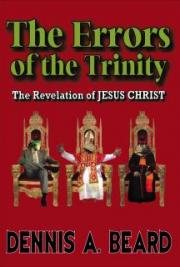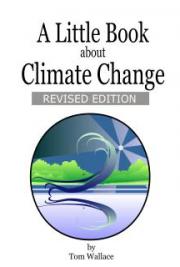CHAPTER X
THINGS WE WANT TO KNOW
My story is finished—The past and the present—Why are these things so?—The old days—Now we are white men’s slaves—How long will it last?—We are dying—Our only rest is death—How long, how long?
White men of Europe, my story is finished. I have told you about the past, and the two kinds of slavery in which we have been bound; I have told you about the present, our constant work, the difficulty in which our chiefs find themselves placed, our inability to marry because of our poverty, our sickness, the desolation which broods over our villages, the lack of children to take the places of those who die. I think I have told you sufficient to show you that we are in need of pity and help.
I want to ask you, white people of Europe, two questions. The first is, “Why are these things so?”
Long ago, our fathers tell us and some of us can remember, there were no white people in our land; we lived alone and happily in our own way. True, there were feuds and fights, quarrels and bloodshed, and a kind of slavery, but the country was ours, the forest was ours in which to hunt, the river was ours in which to fish, the fruits of the forest and the produce of our gardens were ours to appease our hunger. We did not know anything about white men, nor did we wish to.
And then—suddenly they came in their steamers and settled amongst us. And gradually we learnt that these white men, who came to us uninvited, are our masters—we, our families, our forests, the produce of our gardens, the spoil of our hunting and fishing—all belong to them. And we cannot understand why it should be so.
Once more, we have to work for the white man all the time. Now, when the work is lighter than ever, we are in the forest two out of every three months. We must get a certain quantity of rubber, or there is prison for us, and, when we come out of prison, more rubber must be made in place of what was short before we can make a start on the next three-monthly portion.
Those of us who are taking food are out on the river fishing from the first to the fifth working day, and we take in the food on the sixth. If we hunt, we must be continually going to the forest, which is not any better. The food-tax men are worse off than the rubber men at present. For all this constant work we receive very little pay, and, if we complain, we are told that all this work is “wuta” (“tax”). We knew about “wuta” long ago before the white men came, but our “wuta” was to pass over a part of what we had in consideration of some benefit received, or the use of some implement, or in order to be freed from some obligation, but we never understood it to mean all that we had or anything which would take all our time. Now, everything else has to be let go in order to get “wuta” for Bula Matadi, and I would ask you white men, Why is it so?
I have only one more question to ask you. It is this, For how long will it last?
We were young men when it commenced, now we are middle-aged, and we seem no nearer to the end of it than we were at first. Still there is the demand for rubber, rubber, rubber!
Many of our people have died from exposure to cold and heat, or from lack of comfort; many others from accidents, such as falling from the rubber vines, and many more from the pestilences of which I have told you.
White men, I tell you the truth: we are dying, soon our villages will be put out as a fire that is quenched.
And still we are working, still we are slaves to the white men.
And we have nothing to look forward to, as far as we can see, except constant work—and death. We have heard that when a man reaches what the white men call forty years of age his tax palaver is finished; but that time must be in very old age, for no one ever seems to become old enough to leave off work. No, the only rest we can look forward to is death!
The white men of God are still with us, and they still tell us the news of salvation from sin. That is good news.
But again I say that what we want to hear is the news of salvation from rubber. How long before we shall hear that news? How long a time must pass before this “wuta” business is finished? How long shall we wait before we get a little rest—apart from death?
THE END.







